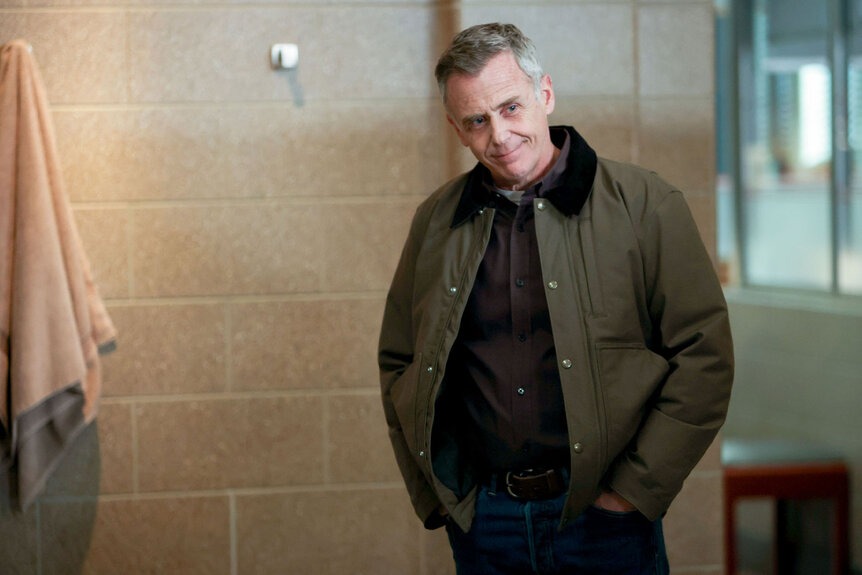
– Chicago Justice was the lowest-rated Chicago series with ratings lagging behind the other three shows.
– Chicago Justice became expendable due to overcrowding in the Chicago franchise after being perceived as redundant
– The show’s resemblance to Law & Order, lackluster ratings, and overcrowded franchise led to its cancellation.
The Chicago television franchise, also known as One Chicago, originated on NBC in 2012 with the debut of the procedural drama television series Chicago Fire, which eventually became NBC’s second-highest-rated drama series behind This Is Us. Chicago Fire was followed in 2014 by the first Chicago spin-off series, Chicago P.D., and then in 2015 by Chicago Med, which was renewed in March 2024 for a 10th season.
Following the successful debut of Chicago Med, the Chicago franchise, which presently averages approximately seven million viewers per episode for each of the franchise’s three shows, seemed poised to rival Chicago franchise producer Dick Wolf’s Law & Order franchise in terms of launching successful spin-off shows. However, unlike the Law & Order franchise, no Chicago series had been canceled prior to 2017.
In 2017, the fourth installment in the Chicago franchise, Chicago Justice, debuted on NBC. Chicago Justice, which originated as a 2016 backdoor pilot within the third season of Chicago P.D., follows the Cook County State’s Attorney’s Office’s team of investigators and prosecutors, who must navigate Chicago politics, the legal arena, and the media while pursuing justice. However, despite its strong pedigree and various crossover connections with Chicago Fire and Chicago P.D., Chicago Justice only lasted 13 episodes and therefore became an outlier within the Chicago franchise as the first and thus far only Chicago series to fail.

Chicago Justice Is Too Similar To Law & Order
With its focus on the legal system, Chicago Justice, which was created by Law & Order franchise creator Dick Wolf, was inevitably compared to Law & Order, especially since the two franchises belong to the same television universe. To offset this, Wolf changed the title of the new Chicago show from its original title, Chicago Law, to Chicago Justice for the purpose of separating the show from the Law & Order universe.
However, despite Wolf’s determined attempts to create distance between Chicago Justice and Law & Order, the obvious and perceived similarities between Chicago Justice and Law & Order ultimately made Chicago Justice expendable on NBC’s schedule, especially with three other existing Chicago shows.
The unavoidable link between Chicago Justice and Law & Order is highlighted by the shared presence of actor Philip Winchester, who stars in Chicago Justice as Assistant State Attorney Peter Stone, the son of former New York City Assistant District Attorney Benjamin Stone, played by Michael Moriarty on the original Law & Order series for four seasons between 1990 and 1994.
Following the cancelation of Chicago Justice, Winchester, who next appeared as Stone in a 2017 episode of Chicago Med and previously appeared as Stone in three episodes of Chicago P.D. between 2016 and 2017, joined the cast of Law & Order: Special Victims Unit, in which Stone appeared as a New York City assistant district attorney over two seasons between 2019 and 2020.
Chicago Justice Was the Lowest-Rated Chicago Series
The primary reason why NBC decided to go ahead with a fourth series in the Chicago franchise in 2016 was because the previous three shows had, to varying degrees, been ratings successes, led by the franchise’s mother show, Chicago Fire, which became one of the network’s highest-rated shows. While the ratings for Chicago Justice certainly weren’t terrible throughout the show’s 13-episode run, the show’s ratings were below those of the other three Chicago shows.
In the all-important 18-to-49 demographic, Chicago Justice, which averaged a 1.6 rating in this demographic, lagged nearly one point behind Chicago Fire and was also far behind Chicago P.D. and Chicago Med. However, while the ratings for Chicago Justice weren’t nearly as good as those of the other Chicago shows, they were better than those of several NBC shows that were ultimately renewed, such as the Jennifer Lopez cop show Shades of Blue and Taken.

The Chicago Franchise Became Overcrowded
One of the main reasons for the cancelation of Chicago Justice is that NBC felt that four Chicago shows were one more than the network needed and viewers wanted. As the fourth Chicago show to arrive, Chicago Justice was doomed by its very existence.
As the fourth Chicago show, and given its obvious resemblance to Law & Order, Chicago Justice was the easiest Chicago show for NBC to sacrifice amid difficult scheduling choices. In explaining the cancelation of Chicago Justice, NBC Chairman Robert Greenblatt said that while there was no issue with the quality of Chicago Justice, sustaining four Chicago shows on its schedule became impractical for the network.
Ultimately, Chicago Justice was perceived, by NBC and viewers, as being a redundant show, as evidenced by the show’s lackluster ratings. The various crossovers that have taken place within the Chicago franchise since the 2017 cancelation of Chicago Justice, combined with the 2022 revival of the original Law & Order series, have further contributed to Chicago Justice becoming an increasingly forgotten and inessential part of the Chicago franchise. Needless to say, this makes the idea of a Chicago Justice reboot seem remote and unnecessary.